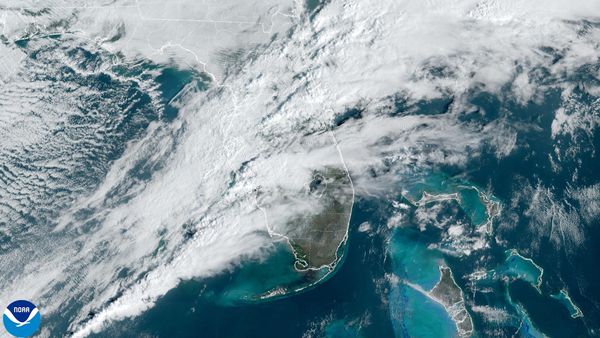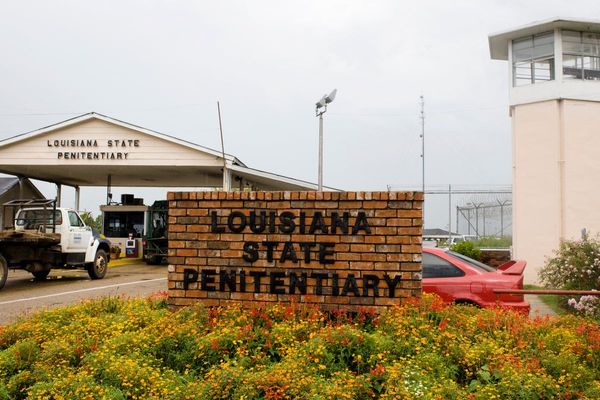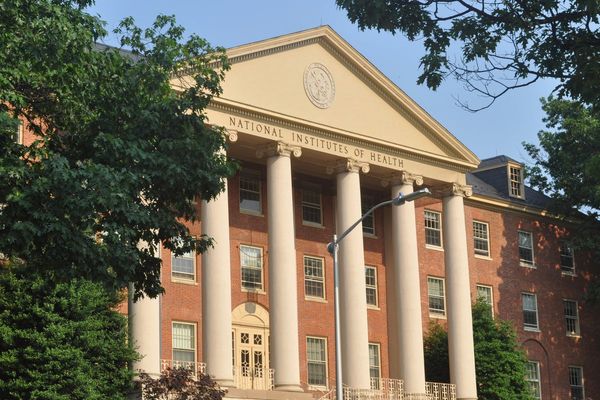The moment of truth is here.
Investors, experts and regulators, who wonder about the health of the American economy and the banking system, will finally have a first and clear diagnosis.
JPMorgan Chase JPM, Wells Fargo (WFC), Citigroup (C) and Morgan Stanley (MS), four of the major U.S. banks, release their third quarter results on Oct. 14, data that should give a picture of how bad things really are.
And for a good reason.
The monetary policy of the Federal Reserve has alarmed many economists who fear that such an aggressive rise in interest rates will cause the so-called hard landing of the economy in a recession.
Dire Warnings
Several companies, including technology groups, have already sent dire signs and warnings about the economic environment. Intel (INTC) is expected to lay off thousands of people by the end of the month, according to Bloomberg News.
Meta Platforms (META) has already confirmed that job cuts are in the works; Alphabet (GOOGL) has already frozen hiring, while Amazon (AMZN) has withdrawn some 10,000 job offers in the retail division. The list of belt-tightening companies is long: Microsoft (MSFT), Apple (AAPL), Peloton (PTON), Shopify (SHOP), Coinbase (COIN).
All these announcements, which paint a bleak picture, have still not lifted the uncertainties and speculations surrounding the economy. This can be seen in the current volatility of the markets, which have seen more red than black for several months.
Many top economists, such as Harvard’s Larry Summers, say the economy is likely to enter a recession this year or next, thanks to the large interest-rate increases from the Federal Reserve.
The economy shrank 1.6% in the first quarter and 0.6% in the second.
Jamie Dimon, the CEO of JPMorgan Chase, has already lifted part of the veil on what is undoubtedly the outlook for the banks. He warned on Oct. 10 that the U.S. economy would likely enter "in some kind of recession six to nine months from now.”
How Bad Is the Situation?
If the economy was a car, the banks would be the engine.
The big banks make money in three ways: by lending money to consumers, businesses and institutions of all kinds; by charging commissions when they advise companies and other large investors in various transactions; and finally through the trading of various financial products.
Normally, the current rising interest rate environment should be good for banks as they charge more for the loans they make. But the problem is that inflation reduces the purchasing power of households, which affects their ability to honor their loan payments. This should therefore in turn impact the banks.
The earnings of JPMorgan Chase, Wells Fargo and Citi, which each have a large retail bank, will be very interesting to dissect. Are their customers behind on their payments? To assess this, it will be necessary to monitor the loan losses reserves. If these reserves are rising, it means that the economy is not doing well, that the situation is deteriorating.
We already know that mergers and acquisitions and IPOs were a gloomy data point during the last three months. In addition, the Russian war in Ukraine, the instability of the prices of raw materials and the great turmoil in the foreign exchange market, with a strong dollar, should have been a big headache for the trading and investment banking activities.
Are There Any Corpses?
Morgan Stanley, JPMorgan and Citi should tell us whether companies and other large investors still plan to invest in the short term or whether they have paused expansion plans.
Basically, has caution become what drives business? If so, that doesn't bode well for the economy.
Finally, what will the banks say about their financial strength as margin calls are triggered everywhere due to the fall in value of several asset classes? Is there a pocket of financial markets that is bursting and threatening liquidity like the subprime did in 2008?
Unlike 14 years ago, the big banks are normally well capitalized as they had to pass numerous stress tests under the supervision of regulators.
However, we are not immune to a bad surprise.







